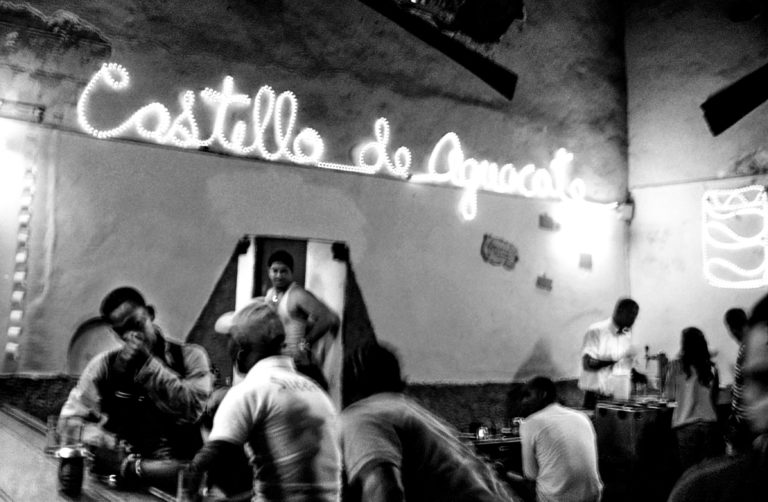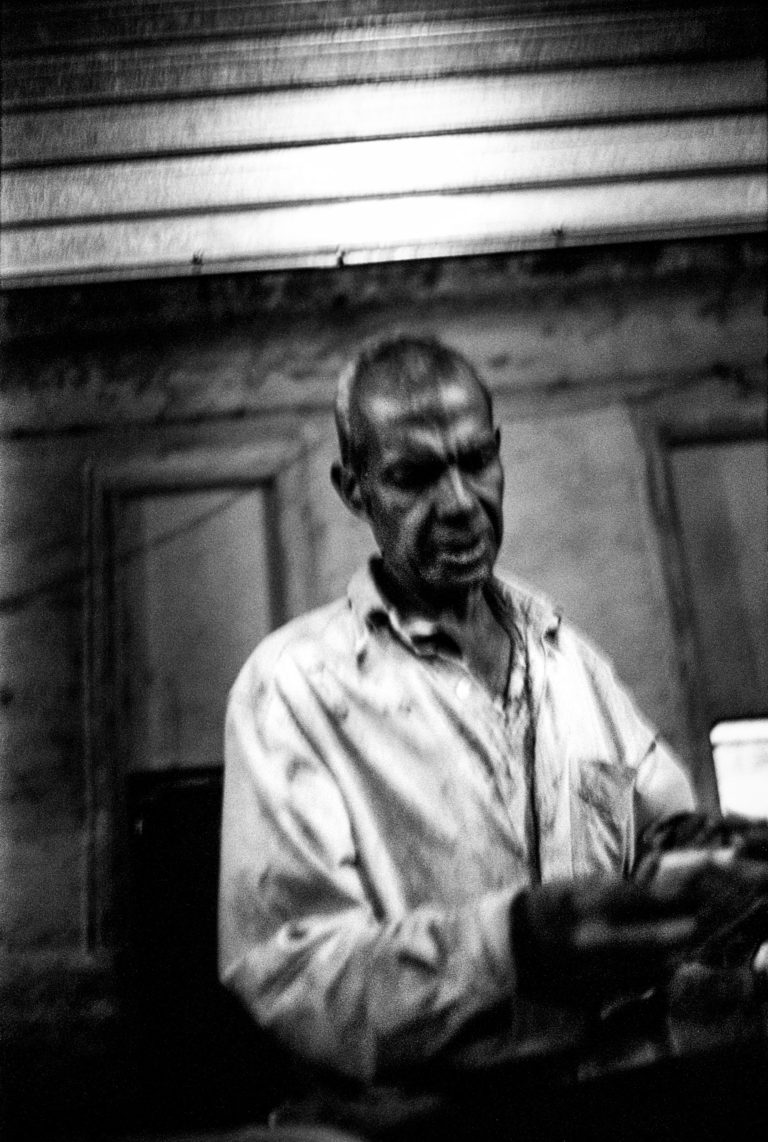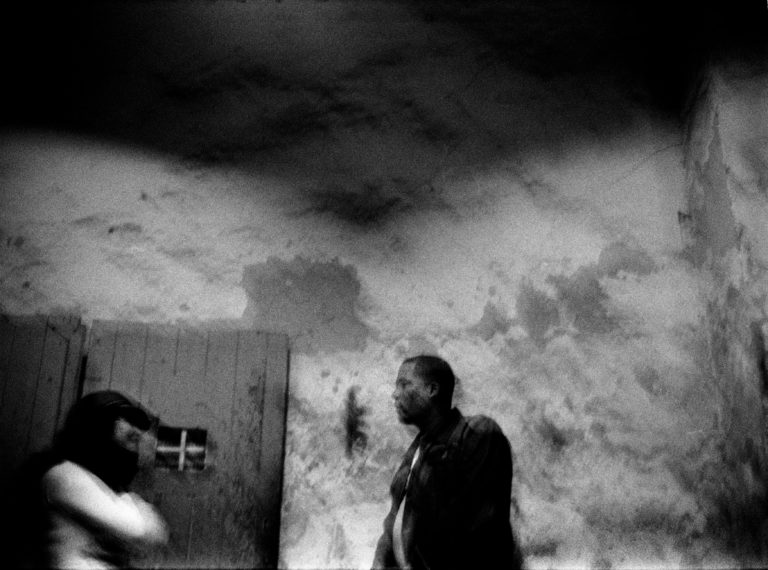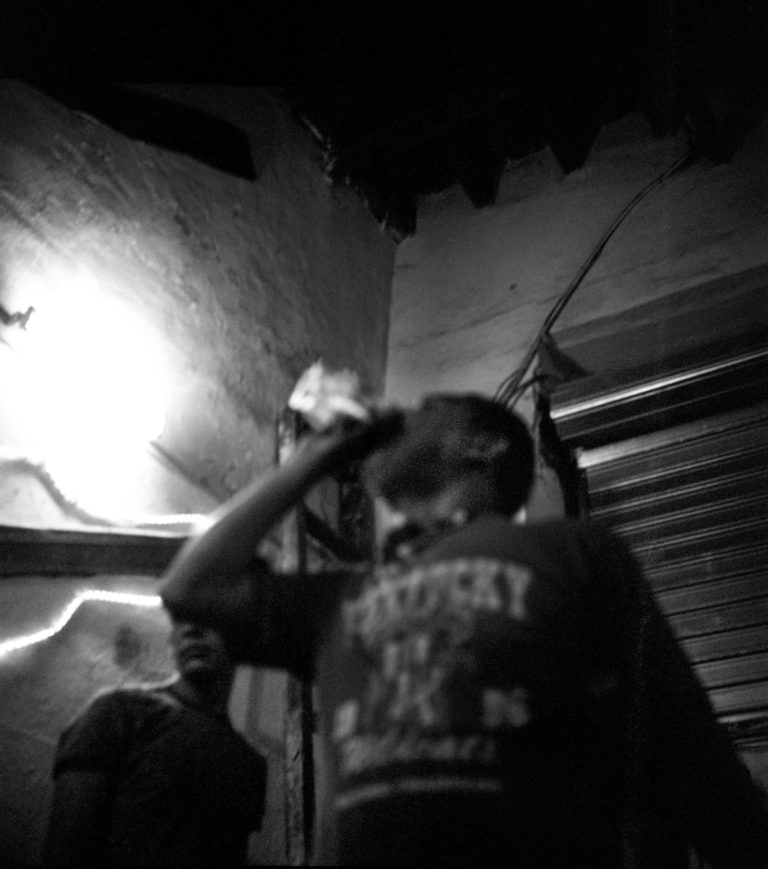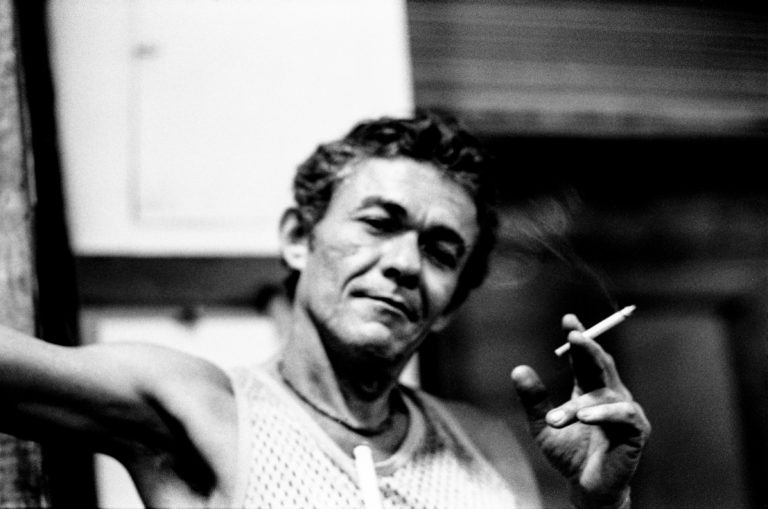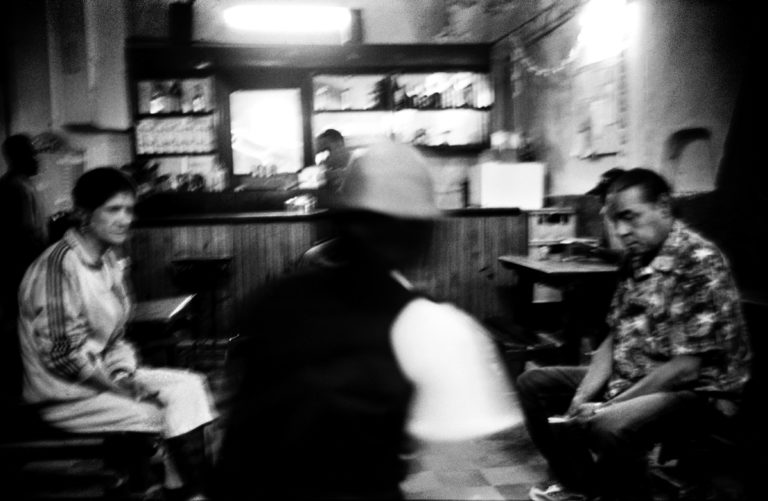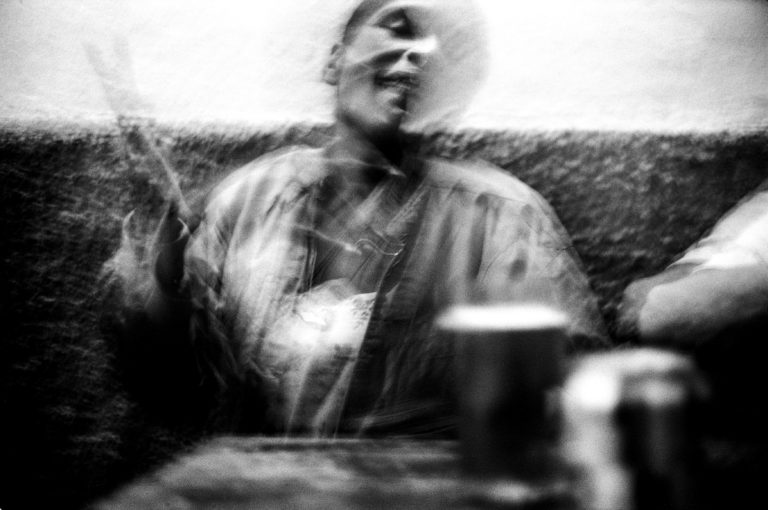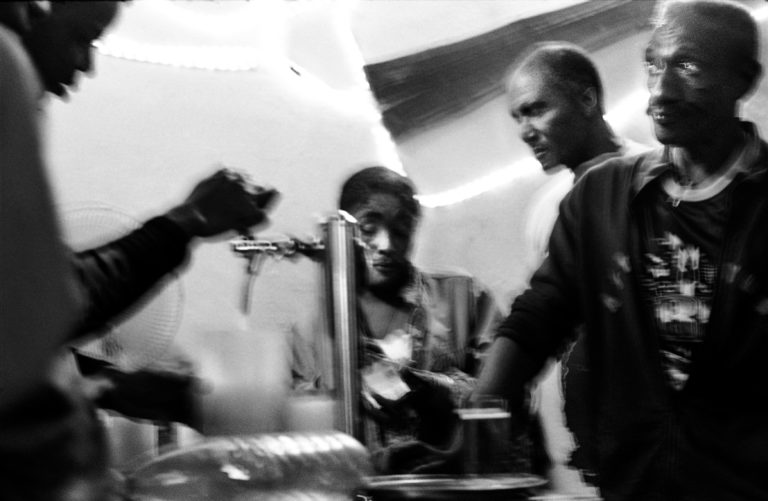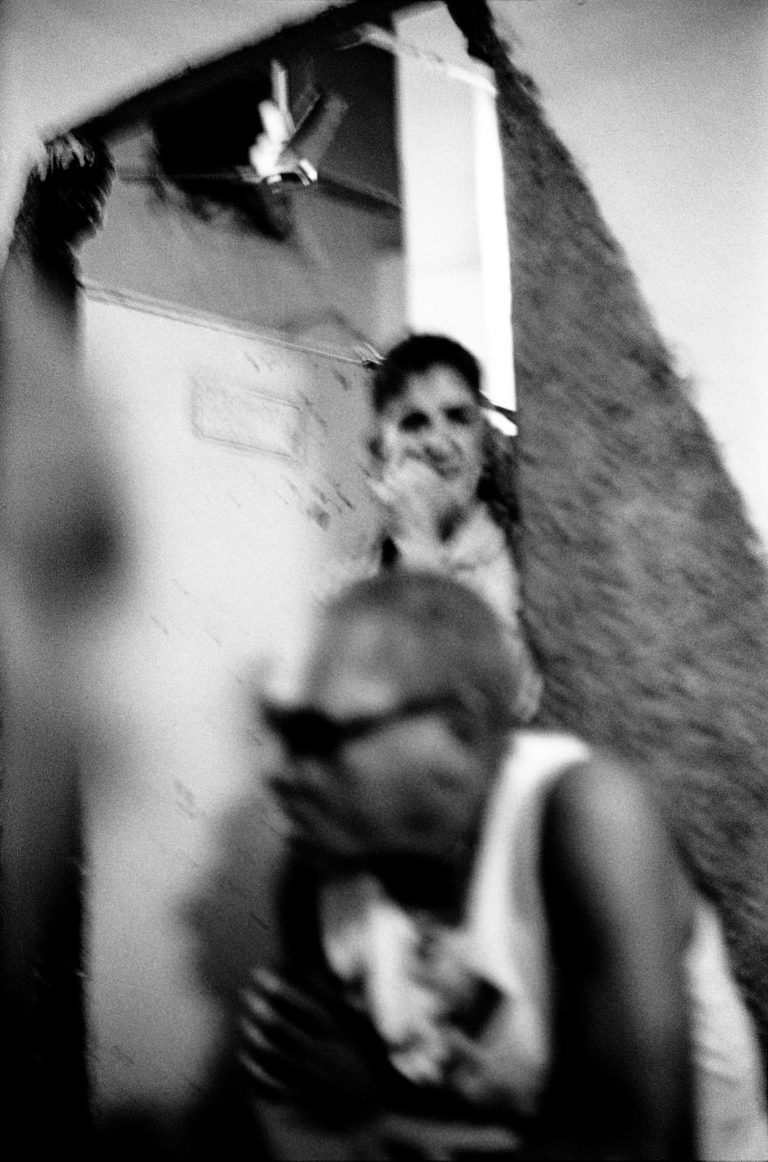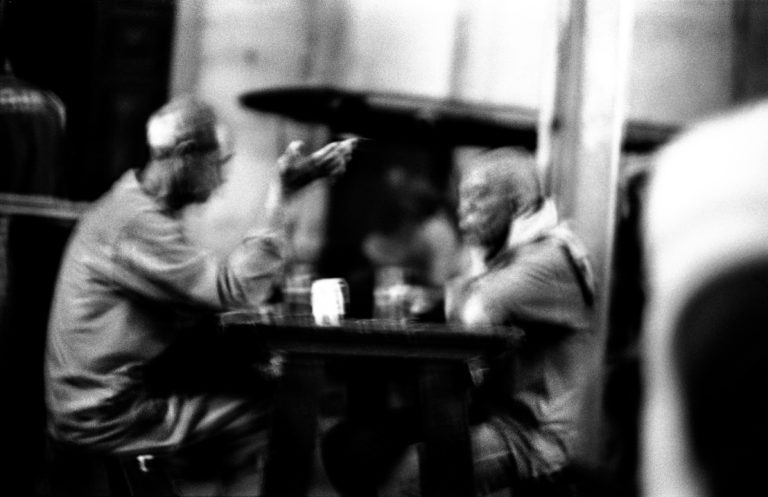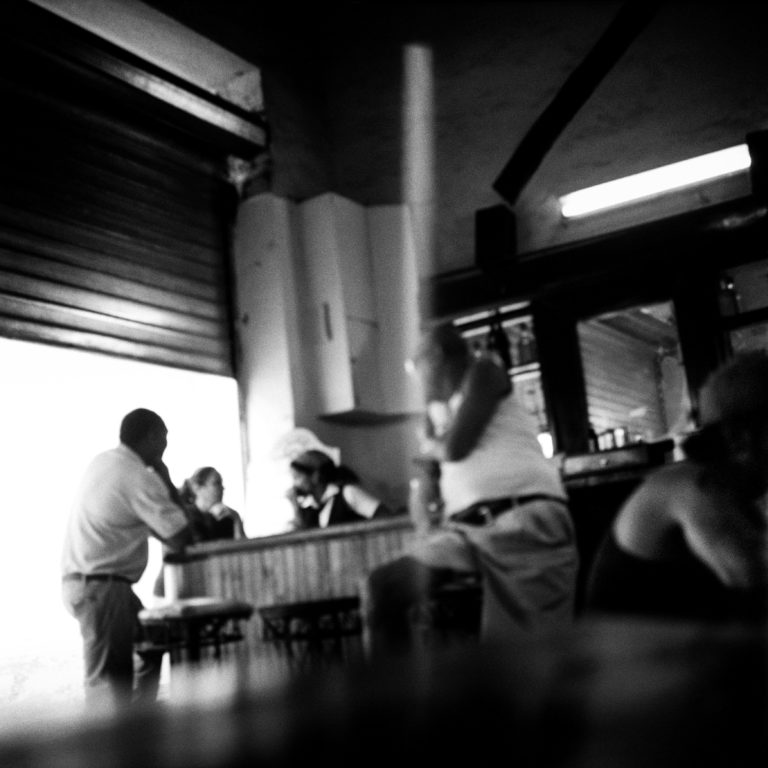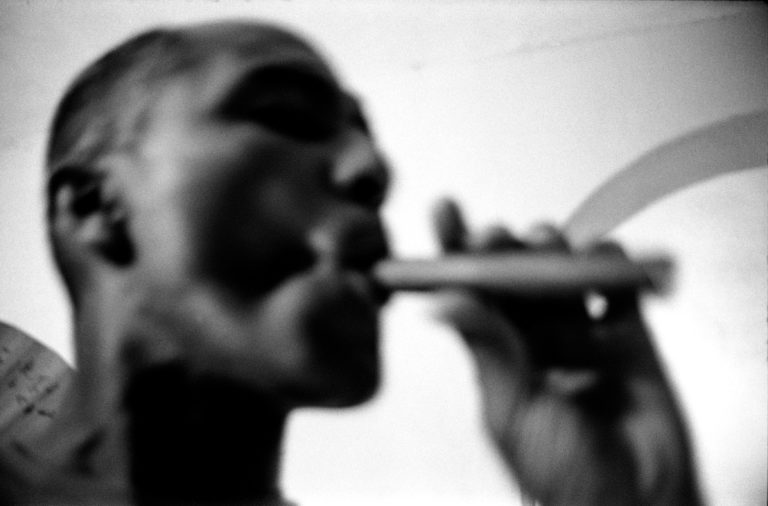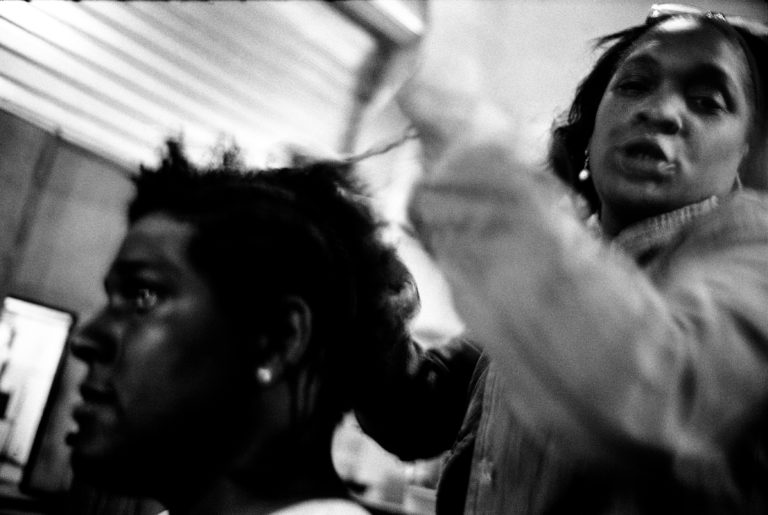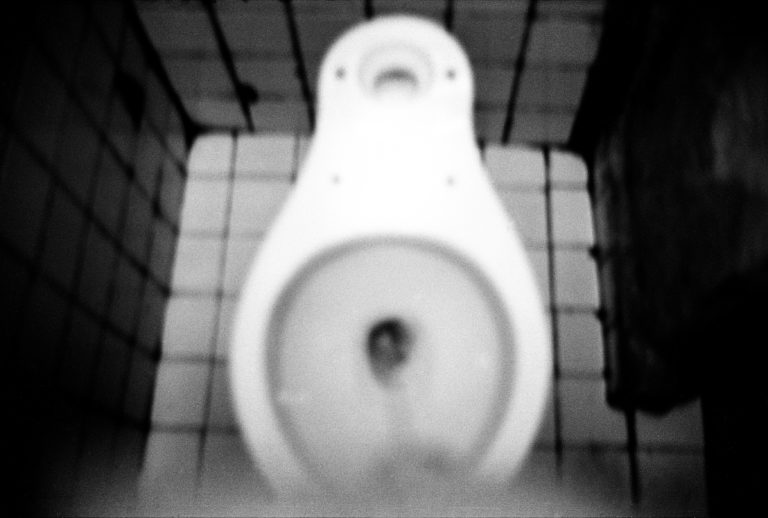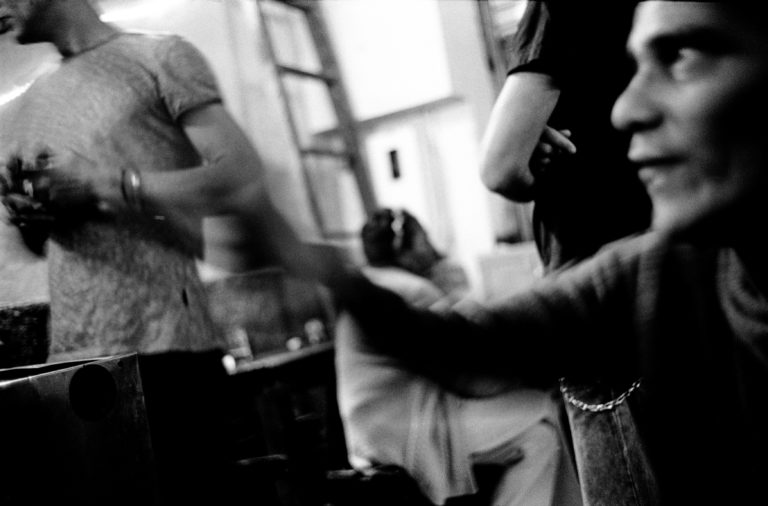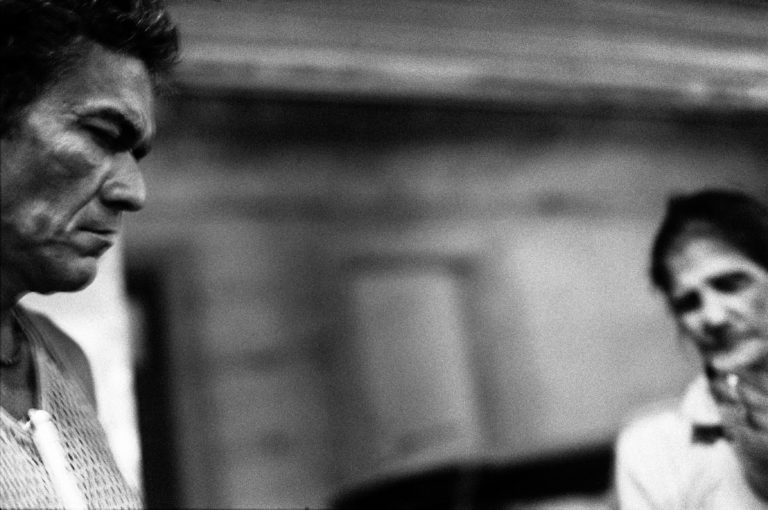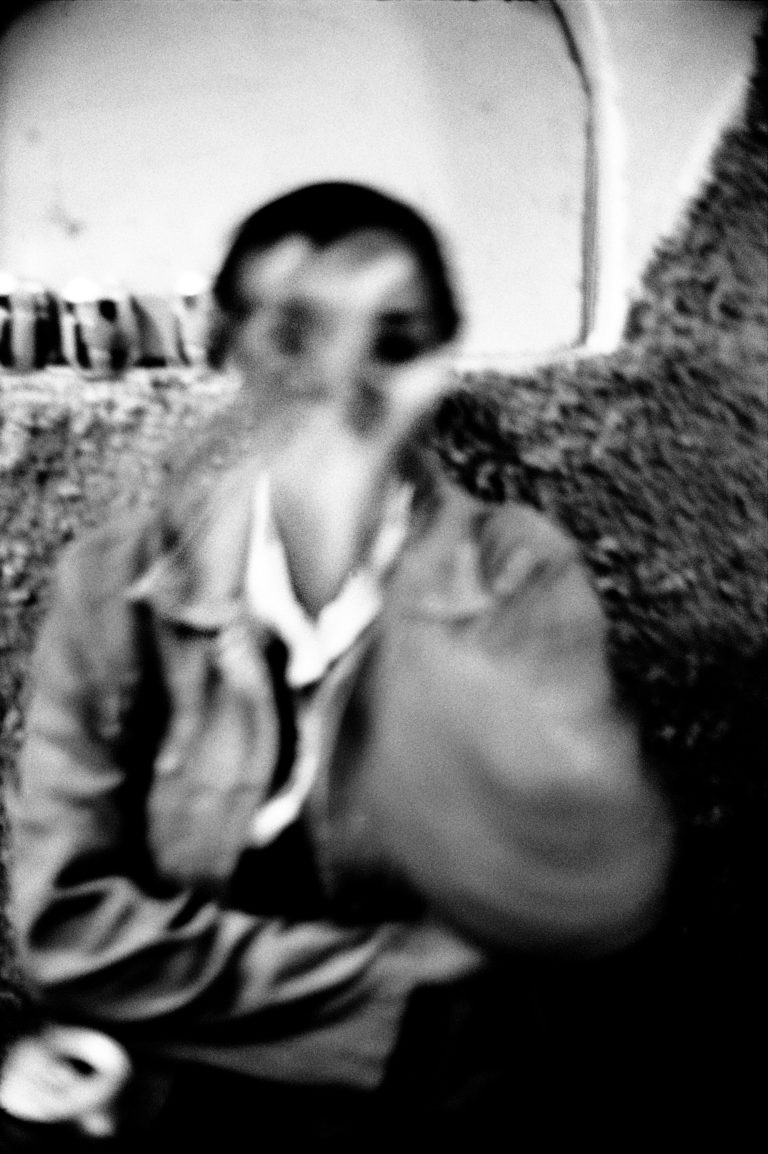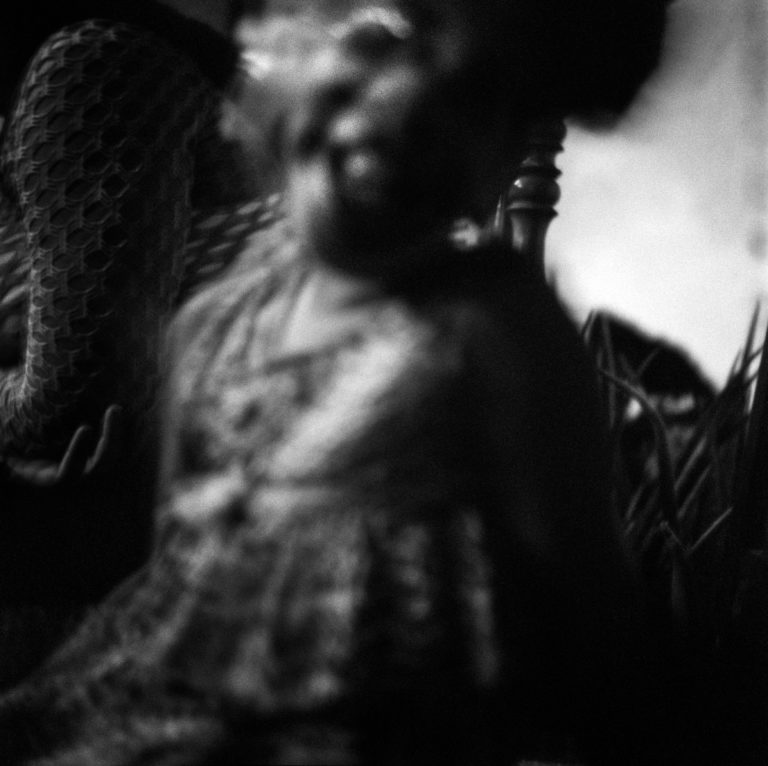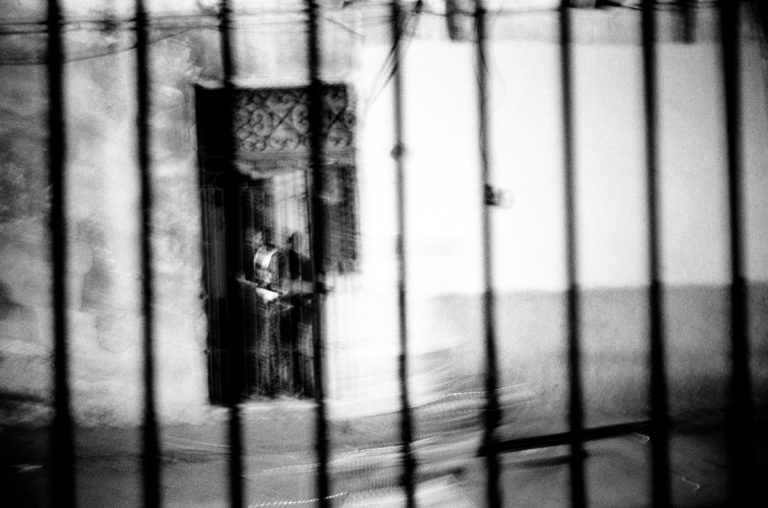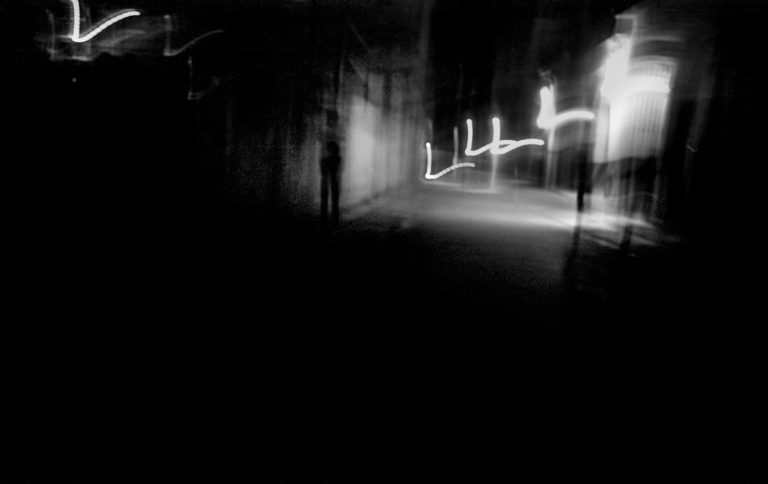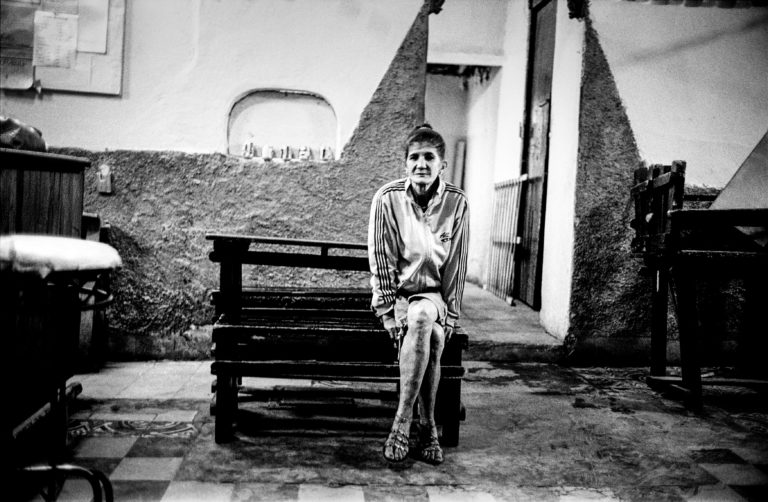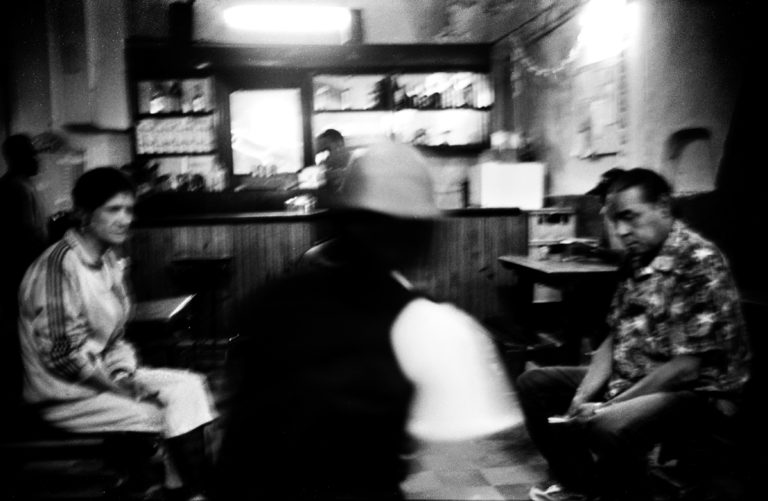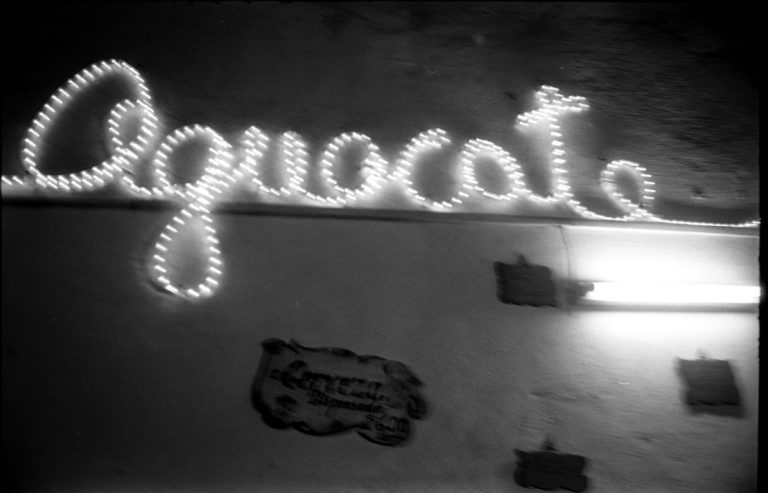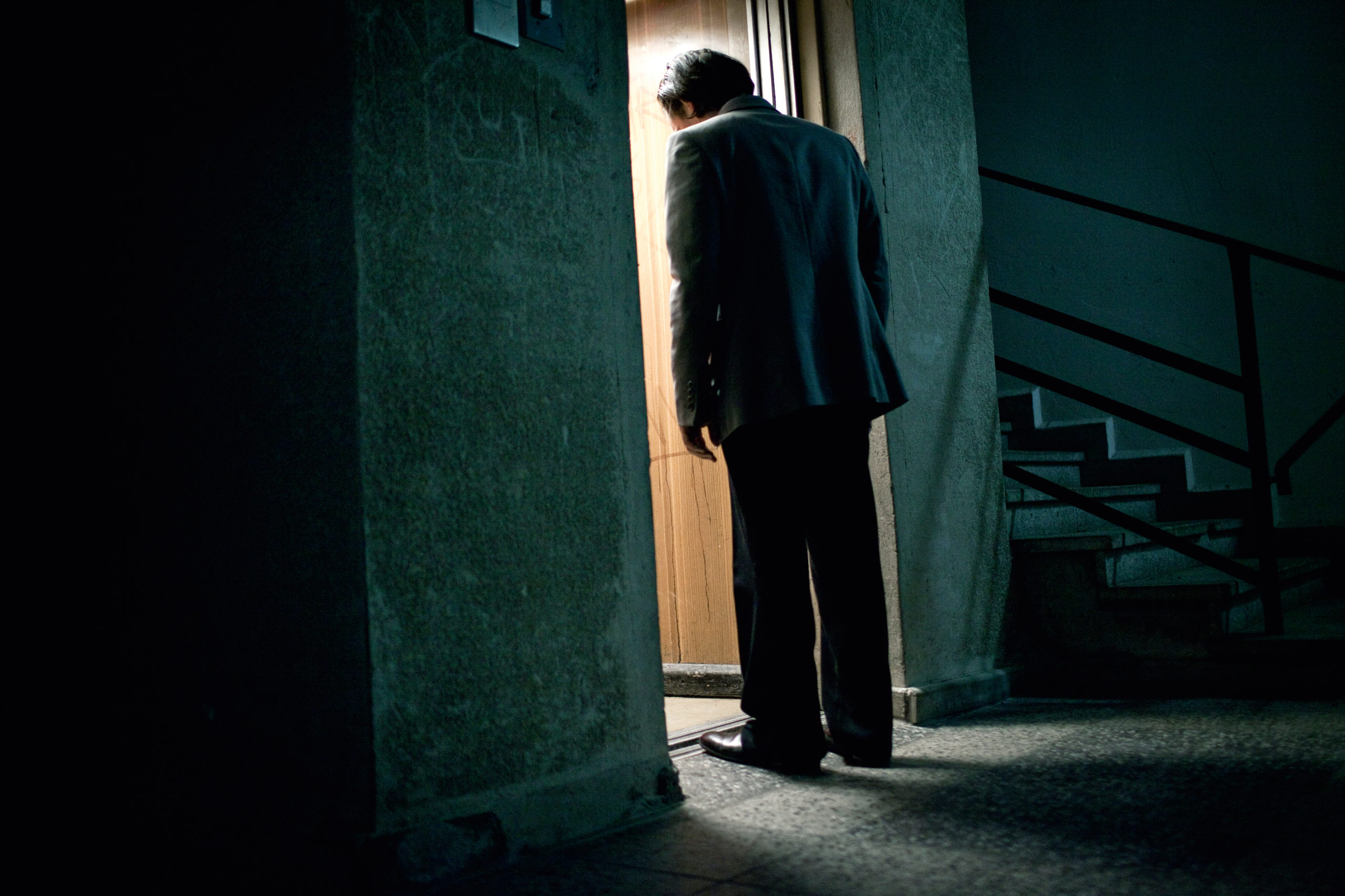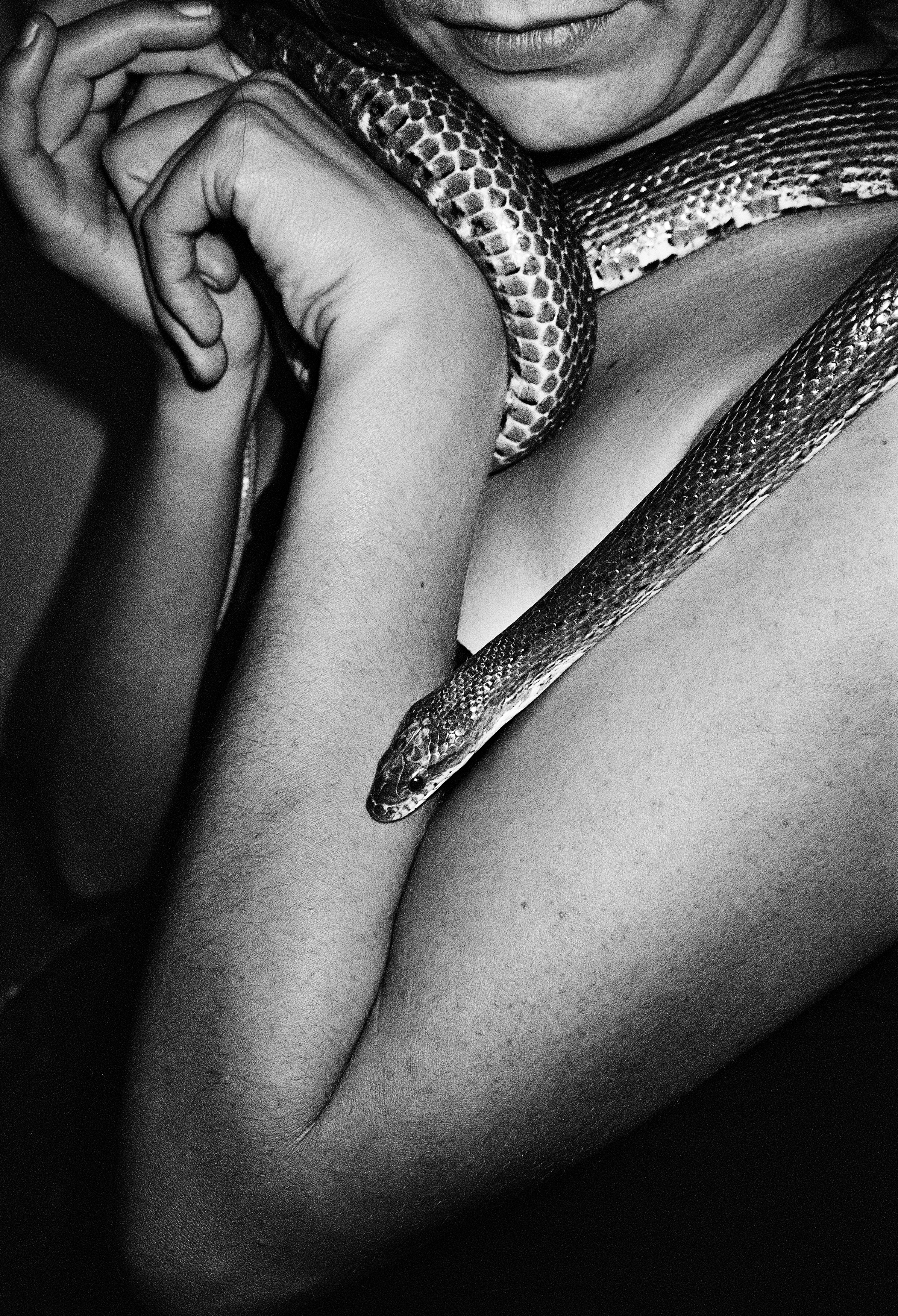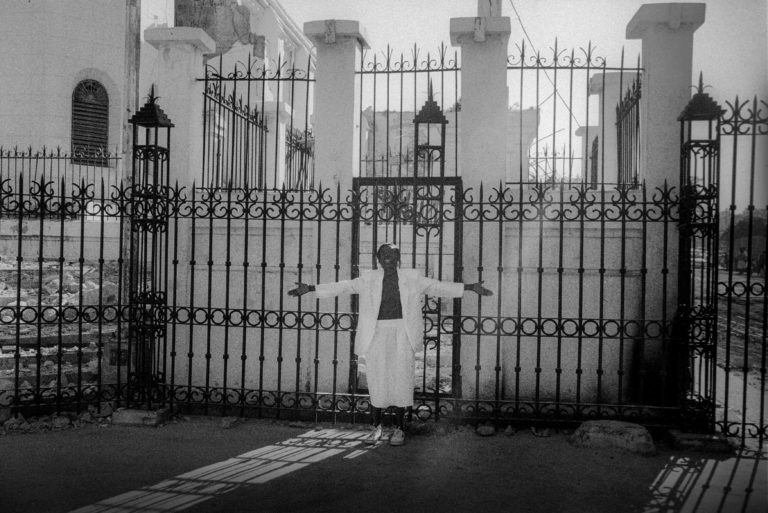El Castillo de Aguacate – La Habana, Cuba. 2011.
IL FAUT IMAGINER SISYPHE HEUREUX
“Camus undertakes to answer what he considers to be the only question of philosophy that matters: Does the realization of the meaninglessness and absurdity of life necessarily require suicide?
He begins by describing the absurd condition: much of our life is built on the hope for tomorrow yet tomorrow brings us closer to death and is the ultimate enemy; people live as if they didn’t know about the certainty of death; once stripped of its common romanticisms, the world is a foreign, strange and inhuman place; true knowledge is impossible and rationality and science cannot explain the world: their stories ultimately end in meaningless abstractions, in metaphors. “From the moment absurdity is recognized, it becomes a passion, the most harrowing of all.”
It is not the world that is absurd, nor human thought: the absurd arises when the human need to understand meets the unreasonableness of the world, when “my appetite for the absolute and for unity” meets “the impossibility of reducing this world to a rational and reasonable principle.”
[…]
Taking the absurd seriously means acknowledging the contradiction between the desire of human reason and the unreasonable world. Suicide, then, also must be rejected: without man, the absurd cannot exist. The contradiction must be lived; reason and its limits must be acknowledged, without false hope. However, the absurd can never be accepted: it requires constant confrontation, constant revolt.
While the question of human freedom in the metaphysical sense loses interest to the absurd man, he gains freedom in a very concrete sense: no longer bound by hope for a better future or eternity, without a need to pursue life’s purpose or to create meaning, “he enjoys a freedom with regard to common rules”.
To embrace the absurd implies embracing all that the unreasonable world has to offer. Without a meaning in life, there is no scale of values. “What counts is not the best living but the most living.”
Thus, Camus arrives at three consequences from the full acknowledging of the absurd: revolt, freedom and passion.
[…]
Camus is interested in Sisyphus’ thoughts when marching down the mountain, to start anew. This is the truly tragic moment, when the hero becomes conscious of his wretched condition. He does not have hope, but “[t]here is no fate that cannot be surmounted by scorn.” Acknowledging the truth will conquer it, Sisyphus, just like the absurd man, keeps pushing. Camus claims that when Sisyphus acknowledges the futility of his task and the certainty of his fate, he is freed to realize the absurdity of his situation and to reach a state of contented acceptance. With a nod to the similarly cursed Greek hero Oedipus, Camus concludes that “all is well,” indeed, that “One must imagine Sisyphus happy.”
